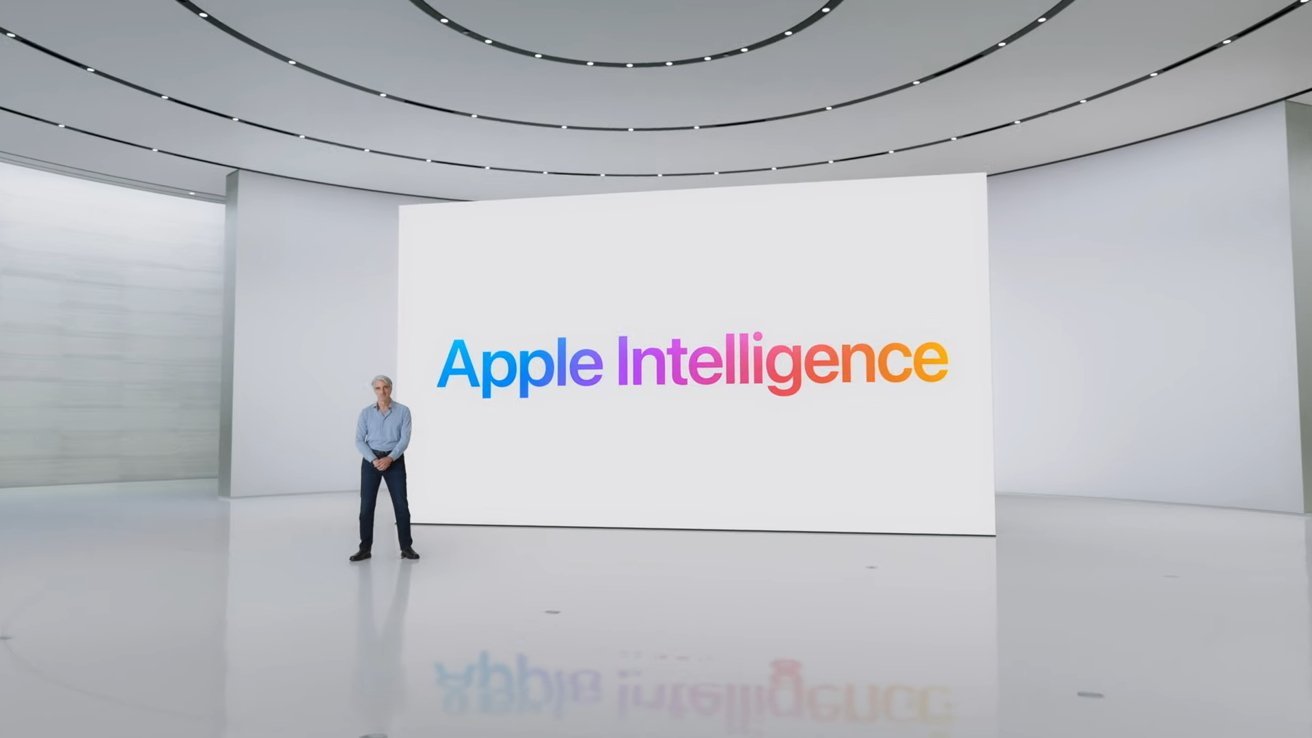The new Apple Intelligence features won't be available in China any time soon, because of the country's strict regulations on artificial intelligence as well as the competition Apple has from domestic brands.
In June, at its annual Worldwide Developers' Conference, Apple recently announced a variety of features operating powered by the company's in-house generative AI software, known as Apple Intelligence. Features such as text summarization, AI-powered image generation, and image editing will be available in US English later in 2024.
In other regions of the world, such as China, however, these new features may not be available nearly as soon. This is due to the country's restrictive laws in relation to generative AI software, large language models, and data privacy.
CNBC spoke to several different analysts and offered their educated opinions and analyses concerning the potential debut of Apple's AI-related features in China, in a Thursday report.
The report claims that Apple will face significant challenges in bringing its AI technology to the Chinese market, due to strict regulations currently in place. In particular, companies doing business in China need to acquire approval for the commercial use of their large language models.
This ultimately means that Apple will need to obtain approval from China's officials for its on-device and cloud-based models.
The company may also need to collaborate with a third party that would actually own the servers used for cloud-based AI tasks, as is the case with servers that host iCloud data in China. In 2021, China passed a major law that regulates data privacy, and Apple will undoubtedly have to comply with it.
The issue of censorship is another problem Apple will have to tackle if they want to make their AI software available in China. OpenAI's ChatGPT, which will be able to handle requests from Siri in iOS 18, is currently banned in the country.
As a result, Apple might have to partner with a different company, one that already has approval for the commercial use of its LLM technology. Companies such as Alibaba and Baidu are among those Apple could decide to partner with in China.
In late March, a report revealed that Apple was looking to partner with a local AI provider in China. Shortly thereafter, it was claimed that Apple had decided to collaborate with Baidu in order to bring new AI-related features to the Chinese market.
In addition to finding a local vendor, Apple will likely need to employ additional safety measures to prevent the generation of anti-government content in applications such as Image Playground. The company already has similar checks in place, which prevent the generation of copyrighted, adult, and photo-realistic images within its apps.
"We certainly want to find a way to bring all of our best product capabilities to all our customers," Apple's senior vice president of software engineering Craig Federighi said in a recent interview.
He added that "in some regions of the world, there are regulations that need to be worked through."
Apple already has established competition in China, as certain companies already have state-approved LLM and AI technology. In the area of smartphones, Apple has fallen behind domestic brand Huawei — which enjoys significant popularity in China.
Apple's market share in China has decreased from 20% to just 15% in the first quarter of 2024, compared to the same period last year, the report says. Huawei represents its main competitor in the area of premium smartphones.
One of the analysts cited in Thursday's report, CCS Insight Chief Ben Wood, described Apple's approach to AI in China as "a marathon and not a sprint." Practically, this means that Apple could face competition in the initial years of its AI software rollout in China, but that it may come out on top sometime after.
Rather than debuting unfinished or features that aren't competitive, Apple typically invests a significant amount of time, money, and marketing effort into its new offerings. This is all done to ensure that customers are educated and receive a usable product at the very least comparable to rival offerings, if not better.
In the case of generative AI software, for instance, Apple only debuted its in-house large language models after products such as OpenAI's ChatGPT and Google's Gemini became mainstream. The company will likely take the same approach to making its AI available in China, as the process could prove to be challenging and quite lengthy.
 Marko Zivkovic
Marko Zivkovic

-m.jpg)






 Oliver Haslam
Oliver Haslam
 Thomas Sibilly
Thomas Sibilly


 Wesley Hilliard
Wesley Hilliard
 Malcolm Owen
Malcolm Owen
 Andrew Orr
Andrew Orr



-m.jpg)






9 Comments
It's probably why it's (almost) completely absent from the betas. Meaning it'll be a complete (automatic) ADD-ON in US or don't include in China...
At some point none of the tech will be working across the world. Each country freaked out by other countries tech. This will have a huge impact on world economies. Maybe the end of these huge multinational tech corporations.
Another win for the China government and Lose for the Chinese people
I hope Apple has a Contingency Plan in place regarding their rather large dependency on China and Taiwan.